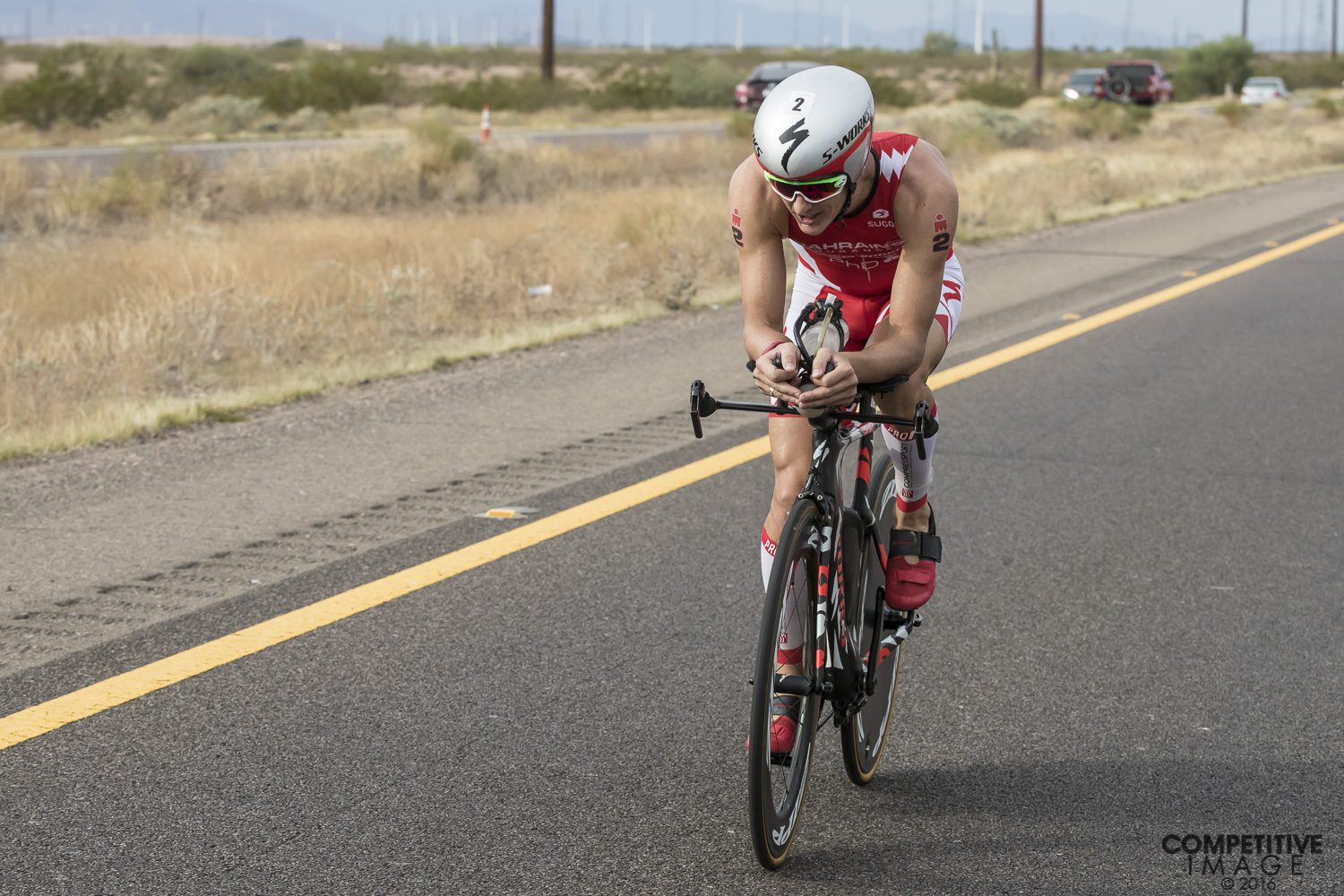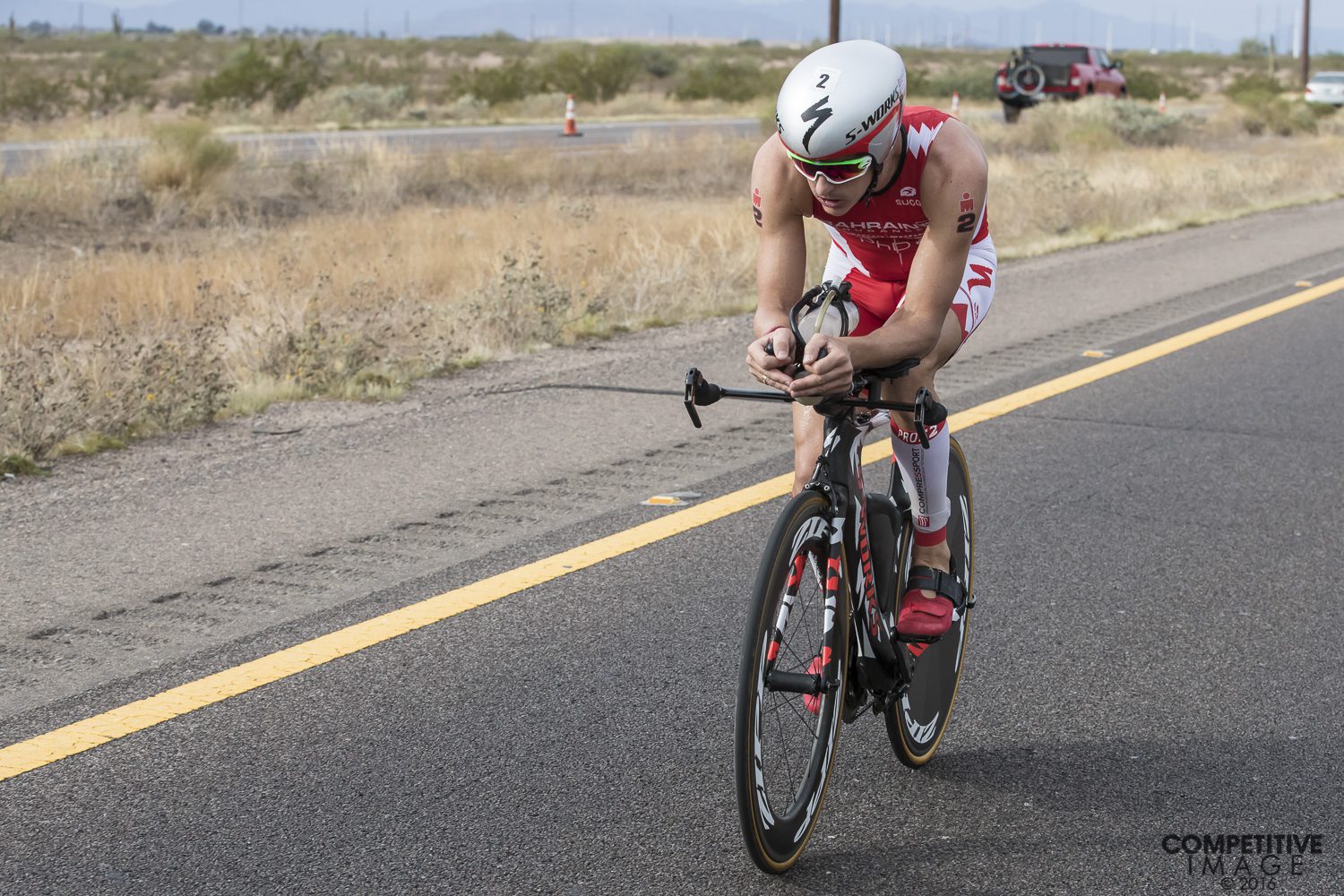When good FTP tests go bad
Coach Michael Liberzon explains how an FTP test can go wrong and strategies to make the next one better.

— By Michael Liberzon
Your coach tells you “it is time!” Time for the most intimidating and dreaded twenty minutes of cycling training: the (traditional) FTP test.
An FTP test is no fun – nor should it be. If it isn’t awful, you’re doing it all wrong.
There’s a reason to suck it up and do it though. If you’re cycling with power, this test will give you arguably the most important number of them all: your Functional Threshold Power. Here is some info about why triathletes should FTP test. Here, I’ll break down why testing is so hard for most and will suggest some strategies to make it a little less daunting.
Why is it so hard?
I’ve seen a lot tests. Some of my athletes nail their targets. Some fall short. Still others exceed even my most ambitious expectations. The difference between a good test and a poor test often comes down to one or more of these reasons:
Performance anxiety
Many of us are programmed from childhood to freak out at tests. The mostly self-inflicted psychological pressure to perform is real and often stands in the way of our true best selves. Be it in front of a crowd or in a 20-minute on-the-bike suffer-fest.
Mental toughness
It is truly difficult to know just how far you’re able to push your body. There has been great work by exercise physiologists like Dr Samuele Marcora suggesting that the mind is almost always the weak link. So it is more than likely that all of us – especially the less seasoned – have a little more to give at the end of a test.
To prove this to yourself, just think of the last time you tested – or your last race for that matter. Were you able to up the power in the last minute? The last 30 seconds even?
What changed?
Physiologically: almost nothing. Mentally, on the other hand, the knowledge that the finish line was within reach unlocked work capacity that seems to have come out of nowhere. Except, of course, it wasn’t magic. It was there all along.
Insufficient rest
Some folks I see at the Lab for an FTP test (who aren’t my athletes) are on their second workout of the day! Many performed a workout the day before. When you test in this state of fatigue, you are not reaching your maximal potential, so you will not test at your best. Period.
Strategies
Change your mindset
One piece of advice that I have for everyone about to ride an FTP test is to not look at it like a traditional test. You cannot fail an FTP test. All you can do is your very best on that day – in that hour. Then, when it’s over, think about it objectively and decide if this was all you had to give. If it was, and you were rested, then the test was success. It helps to have a coach or a fellow athlete to talk to shortly after the exercise. That impartial third party can help put the results in context.
Test in a group
The motivation of the “group effect” is truly powerful. Athletes testing on their own at home compared to the same athletes testing in a group environment deliver results that are dramatically different. That knowledge that your friends, your fellow triathletes riding next to you are experiencing all of your same emotions is incredibly powerful. Use that ancient herd mentality to motivate and energize!
Control your environment and yourself
Make sure that each time you test, you’re doing so under identical conditions. This is why tests on indoor trainers are so useful: same environmental conditions. But consider too factors like fatigue, sleep quality, and nutrition. Treat the FTP test like a mini race and come into it well rested and well fed. I recommend at least one day of complete rest before test day.
Test outside
This is an atypical approach, but one that can be a good proxy for an FTP test if the indoor test just isn’t for you. The ideal outdoor test is a 40k individual time trial (provided you can ride 40k in about an hour). Your normalized power for the TT is very close to your FTP – that is if you leave everything on the course. Another option is a truly brutal 60-minute ride. Your normalized power during that effort is again a good approximation of FTP.
Ultimately know that an FTP test is just a snapshot: a moment in time. It will be over before you know it, and it is only representative of the TRUE level of your bike fitness if all the training stars are aligned. It is very possible to simply have a bad day. You can always saddle up and repeat in four to eight weeks’ time.
Happy testing!
Michael is an NCCP trained triathlon coach, certified personal trainer, and kettlebell instructor. His degree in mechanical engineering supports his evidence-based approach to coaching.
Michael is also the owner and head coach of the X3 Training Lab in Toronto.

